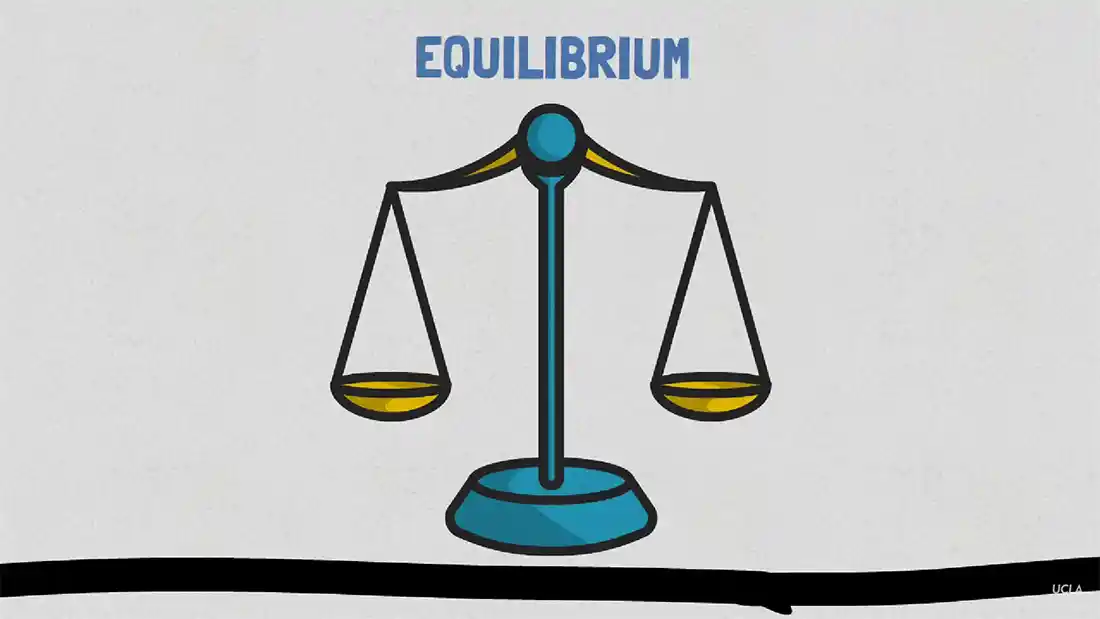

Sustainability, materials, combustion, expensive, biomass, biofuels, hydrogen, expense, carbon capture.
Earth has a finite amount of some resources we use to make things, run things, and maintain. We can create a sustainable environment with some of these, but a lot of them we will eventually run out.
Making something sustainable sounds easy, doesn't it? Cut down a tree, and replace it with one or more. True. This is easy, so why don't we do more? Well, we are, kind of. Many companies nowadays will produce both recyclable products, and products that are from a sustained forest (for paper as an example), or from other sustained materials.

The opposite of deforestation is aforestation. Where there are no forests, one can be planted, and this creates a carbon sink, which draws in and holds onto carbon and distributes it into the soil.
We're going to take a look at cars for a minute. They currently (mostly) run on petrol, which is a by-product of oil. This is refined from the oil we drill and bring up from under the ground. This is non-renenwable source, as the Earth hasn't produced enough for us to sustain its use. The resources we are using are due to run out sometime this century.
So what do we use instead? Well, for cars, the push is for all-electric examples to be used. There are downsides to having an electric car, as there are for running a petrol car. They include:
Limited mileage: yes, while they are being continually developed, they currently only provide a smaller range than you can get with either a petrol or diesel car, but they are getting better. The latest range at Kia for example will manage 250+ miles.
Expense: while you can buy a brand new petrol car for as cheap as £6,000 (depending where you buy from), the all-electric cars will set you back a small fortune - somewhere in the range of £40,000+ for a basic model.
The best method: is is really the best method to replace petrol and diesel cars? There are other options, including biofuels and hydrogen.
There are obviously ways in which an electric car will be better than a petrol one. Here are some reasons why:
Better for the environment: the ideal is that all electric cars will be better for the Earth. They should cut the emissions that we have with petrol cars by 90% (at least).
Cheaper to run: admittedly, while this may not be strictly true, due to the £40,000 price tag and upwards, they will eventually come down in price, with more and more availability of models, etc. They will then be cheaper to run than a petrol car.
Better mileage: while earlier cars were unable to drive far, electric cars are currently the same, so this will change when development is improved.
The following still is from a video on sustainability, with the following details:
Please click on the image to view the video.


The term sustainability was first coined in 1987, when a report called the Brundtland Report was released. It specified sustainable development for the first time.
Well, we know that petrol won't be lasting much longer. In the UK, the last petrol engined cars will roll off the car plants in either 2029 or 2030, depending when the cut off point is, but this might be earlier, given the development of electric cars. What other options are there?
Biomass & Biofuels: these are created by fermenting or anaerobically digesting biomass. The end product of these methods are methane and ethanol. Bioethanol has it's pros and cons, with it's pros including its quick production, and increase in uses across different types of fuel. It's cons include the fact that it leaves deposits in engines and it can be somewhat unpredictable with emissions.
Hydrogen: as the most abundent molecule known to man, it's usually attached to other molecules such as oxygen - the basis for water. In order to be able to use it, we need to break down these bonds. In order to use it, it also needs to be compressed. The use of it is highly flammable or explosive, so unless it is maintained properly, it can be fatal. The by-product of using hydrogen (for instance instead of natural gas for central heating) is pure water, so it has a bonus there.
Carbon Capture, Utilisation and Storage (CCUS): this involves capturing the emissions from combustion, meaning they don't get released into the atmosphere. They can be stored in old fossil fuel storage units, processed using absorption techniques, and sold as chemical feedstocks, for that circular economy we always dream of.
Replace combustion: we could replace combustion completely - cars can run on electricity now, HGVs on hydrogen fuel, and boats can run on ammonia. We can also produce electricity from renewable sources - wind power, hydroelectricity, solar. That's if we get enough.
If you are unable to see the board, please click here.
Disclaimer | About Me | Sitemap
Website design by SyntaxHTML.



Blue icons adapted from icons courtesy of Smashicons.com